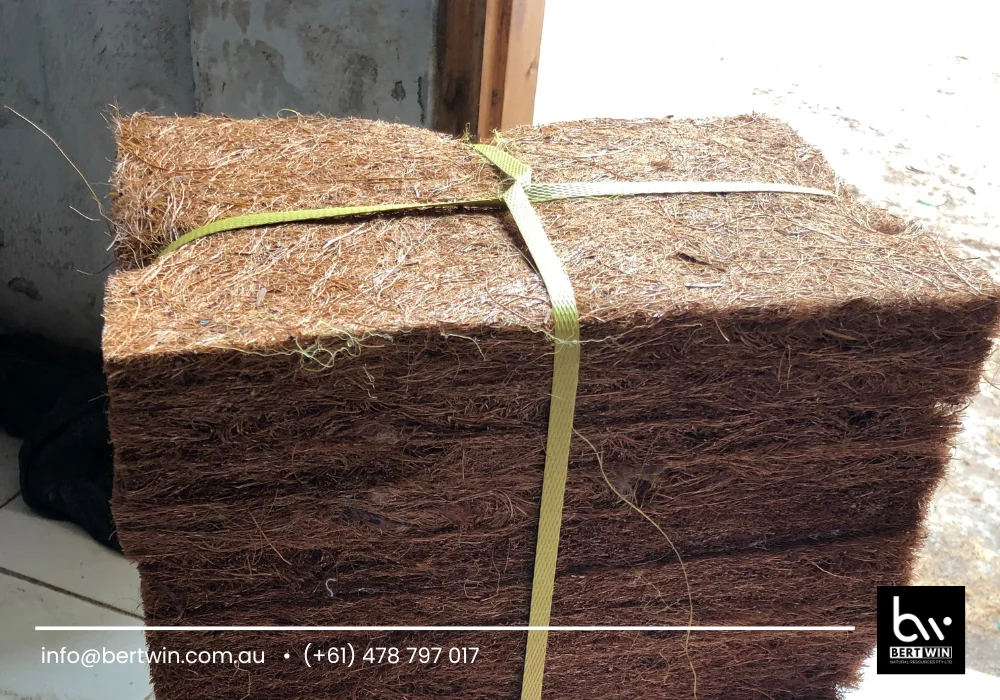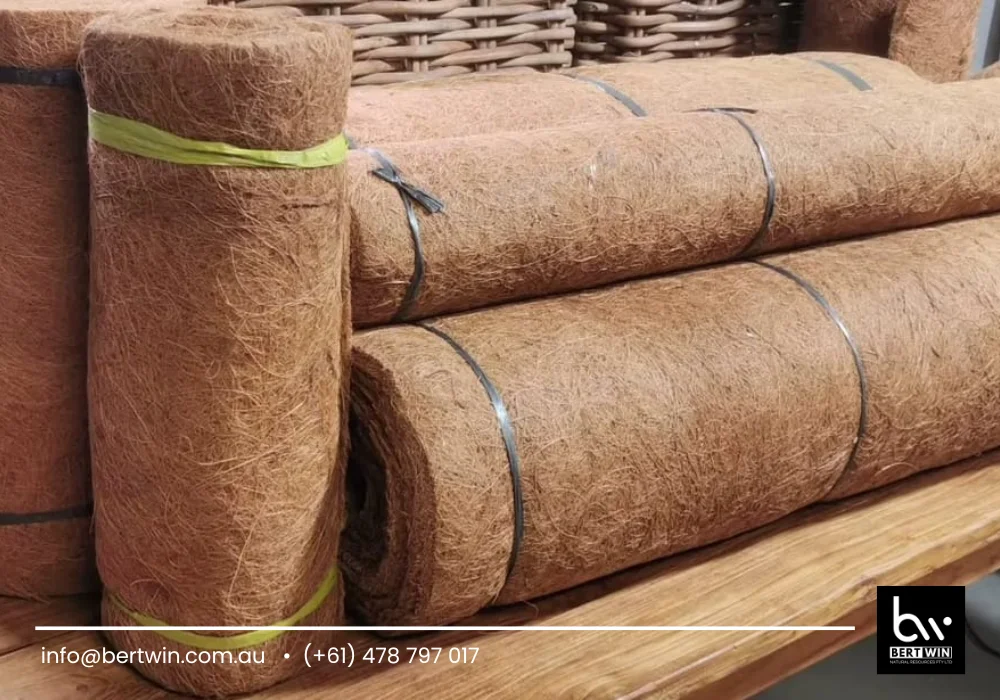In recent years, gardening enthusiasts have turned to eco-friendly alternatives to improve their plant-growing practices. One such product is the coco sheet for gardening, a sustainable material made from coconut coir that is quickly gaining popularity in the gardening community. This versatile material provides numerous benefits to both novice and experienced gardeners. In this article, we will explore the advantages of using coco sheets, how to incorporate them into your garden, and why they are considered a great alternative to traditional gardening methods.

What is a Coco Sheet for Gardening?
A coco sheet for gardening is a flat, compressed sheet made from coconut husks, specifically the fibrous material known as coconut coir. The coir is extracted from the outer shell of coconuts, which is a natural byproduct of the coconut industry. These sheets are designed to be used as a biodegradable, environmentally friendly alternative to synthetic gardening materials such as plastic or peat moss. Coco sheets offer excellent water retention, air circulation, and root support, making them an ideal medium for growing various types of plants.
Benefits of Using Coco Sheets for Gardening
1. Sustainability and Eco-Friendliness
One of the primary advantages of using a coco sheet for gardening is its sustainability. Unlike traditional gardening materials, such as peat moss, which contribute to the depletion of natural ecosystems, coconut coir is a renewable resource. Since coconuts grow abundantly in tropical regions, the use of their byproducts for gardening reduces waste and minimizes environmental impact. By choosing coco sheets, gardeners contribute to preserving natural habitats while promoting eco-friendly gardening practices.
2. Improved Water Retention
Coco sheets are known for their exceptional water retention capabilities. The coir fibers are highly absorbent, allowing the material to hold moisture for an extended period. This is especially beneficial for plants that require consistent hydration but are sensitive to overwatering. The water retention properties of coco sheets help ensure that plants receive adequate moisture, reducing the frequency of watering while preventing root rot caused by excess water.
3. Enhanced Root Aeration
Proper root aeration is essential for plant health, and coco sheets excel in this area. The fibrous structure of the coir creates a loose and airy medium that allows for better oxygen flow to plant roots. This promotes healthy root growth, as roots can breathe and access nutrients more effectively. Additionally, coco sheets help prevent soil compaction, which can hinder root development and nutrient absorption in traditional gardening methods.
4. Lightweight and Easy to Use
Coco sheets are incredibly lightweight, making them easy to handle and transport. Whether you’re planting in containers, raised beds, or directly in the soil, the flexibility of coco sheets allows for easy placement and manipulation. Furthermore, they are simple to cut and customize to fit the specific needs of your garden. This makes coco sheets a convenient choice for gardeners of all experience levels, especially those working with limited space or smaller plant containers.
How to Use Coco Sheets for Gardening
1. Preparing the Coco Sheet
Before using a coco sheet for gardening, it’s essential to prepare the material. Most coco sheets are sold compressed, meaning they need to be hydrated before use. Simply soak the sheet in water for a few hours, allowing it to expand and soften. Once hydrated, the coco sheet will be ready for use in your garden. You can break it into smaller pieces if necessary or use it as a whole sheet, depending on your gardening needs.
2. Planting in Containers or Pots
Coco sheets are particularly useful for container gardening. After hydrating the sheet, cut it into a size that fits the container or pot you intend to use. Place the coco sheet at the bottom of the container to act as a barrier between the soil and the drainage hole. This helps prevent the soil from washing out during watering while promoting optimal drainage and root growth.
3. Using Coco Sheets in Raised Beds
Coco sheets are also perfect for use in raised garden beds. Simply lay the sheet along the bottom of the bed, cutting it to size as needed. The coco sheet will help retain moisture in the soil while providing excellent drainage and aeration for the plant roots. This is especially beneficial in areas where soil quality is poor or where water conservation is important.
4. Mulching with Coco Sheets
In addition to being used as a growing medium, coco sheets can also serve as mulch. After preparing the sheet, place it around your plants to help retain moisture, regulate soil temperature, and reduce weed growth. The biodegradable nature of the material ensures that it will break down over time, enriching the soil with organic matter.
Why Choose Coco Sheets Over Traditional Materials?

Traditional gardening materials like peat moss and plastic liners have long been used for their water retention and root support qualities. However, these materials come with significant environmental drawbacks. Peat moss, for example, is harvested from fragile peat bogs, contributing to habitat destruction and carbon emissions. Plastic, on the other hand, is non-biodegradable and can cause long-term pollution.
In contrast, coco sheets for gardening are biodegradable, made from renewable resources, and can be composted after use. These advantages make them a superior choice for gardeners who want to minimize their ecological footprint while still providing their plants with the best possible growing environment.
Conclusion
Incorporating coco sheets for gardening into your plant care routine can provide numerous benefits, from sustainability to improved plant health. With their excellent water retention, root aeration, and eco-friendly properties, coco sheets are a practical and environmentally conscious choice for any gardener. Whether you’re planting in containers, raised beds, or using them as mulch, these versatile sheets offer a simple and effective solution to many common gardening challenges.
For further information, you may contact WhatsApp at (+61) 478797017 or via email at info@bertwin.com.au.
